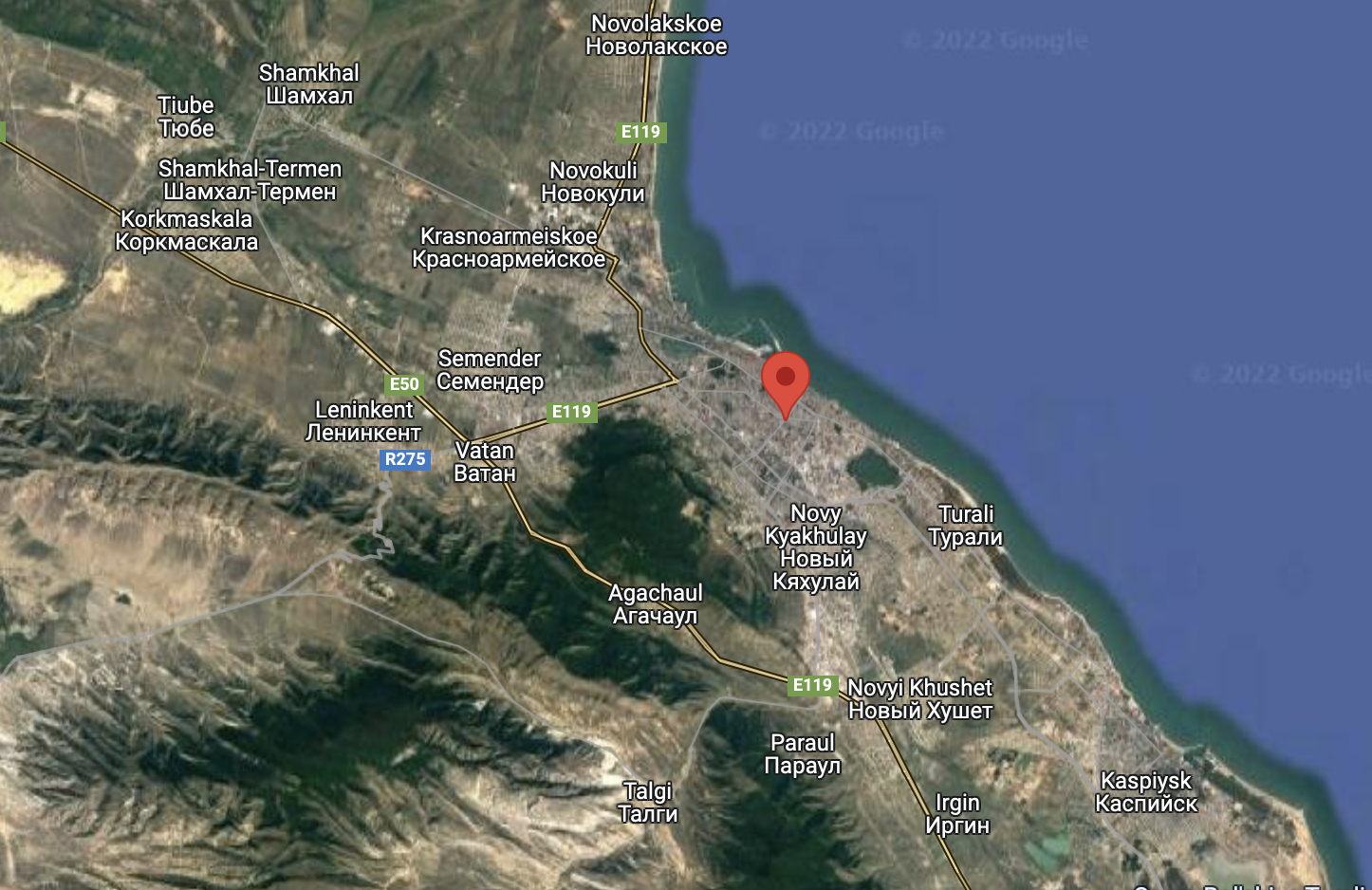What are the Symptoms of Celiac Disease?
Symptoms for Children Include:
Diarrhea
Vomiting
Constipation
Pale foul smelling stool
Failure to thrive
Delayed growth
Seizures
Adult Symptoms Include:
Anemia
Brain Fog (finding it hard to concentrate)
Joint pain
Fatigue due to iron-deficiency anemia
Ataxia (bad balance)
Nerve damage (peripheral neuropathy)
Early Onset Osteoporosis
Depression
Anxiety
Low blood Sugar
Infertility or miscarriages
An itchy skin rash called Dermatitis Herpetiformis
Respiratory problems
Rocacea
Eczema
Psoriasis
Muscle cramping
Night Blindness
Nosebleeds
Hair loss (Alopecia)
Canker Sores (apthous ulcers)
How is Celiac Disease Diagnosed?
Blood Tests
A doctor will test blood for high levels of anti-tissue transglutaminase antibodies or anti-endomysium antibodies. This is not always the best way to test and you may come back with a negative result for Celiac if you have already removed gluten from your diet.
Intestinal Biopsy
The blood test may or may not suggest celiac disease. A biopsy of the small intestine is performed.
A tiny piece of tissue from the small intestine to check for damages to the villi.
Complications:
Malnutrition:
Untreated celiac disease can lead to malabsorption, which then leads to malnutrition. because vital nutrients are not absorbed into the bloodstream, malabsorption can cause a deficiency in vitamins & minerals (vitamin D, folate and iron), this resulting in anemia. Malnutrition can cause stunted growth and delayed development in children.
Osteoporosis:
The continued loss of vitamins may result in a softening of the bone in children which could lead to rickets and loss of bone density.
Depression:
Depression may be likned to the malabsorption of nutrients. A study suggested that the malabsorption could interfer with the neurotransmitters that determine our moods.
Irritability and Forgetfulness:
It is found that a deficiency in Folic Acid can cause increased irritability and forgetfulness.
Skin Conditions and Diseases:
Such as Dermatits Herpetiformis, Eczema and Psoriasis.
Lactose Intolerance:
When the small intestine is damaged from gluten some people won’t be able to tolerate lactose, which is found in dairy products. It is advised to avoid these products until your intestine has been healed by a strict gluten free diet allowing the intestine to heal. Once it has people may find that the dairy products no longer affect them in this way.
Lupus:
Multisystem disorder
Cancer:
People who go untreated for celiac disease are at a higher risk of getting several forms of cancer, including Bowel Cancer and Intestinal Lymphoma.
Dental Enamel Defects:
Usually occurs if celiac disease is present as the teeth are forming, the teeth may appear to have white or brown spots on the tooth or in some cases ridged and malformed teeth.
Raynaud’s Syndrome:
Caused by a constriction of the blood vessels in the body due to cold temperatures.
Neurological Complications:
This disease has also been linked with the disorders of the nervous system.
Autoimmune Disorders:
Celiac disease can lead to a number of disorders such as
Addison’s disease
Insulin Dependent Diabetes
Rheumatoid Arthritis
Fibromyalgia
Thyroid Disease (Such as Hashimoto and Graves)
Sjogren’s Syndrome
Psoriasis,Aphthous Stomatitis
Multiple Sclerosis
Alopecia areata, Virtigio
Autoimmune Liver Disease
Heart Disease
Cardiomyopathy


































































































